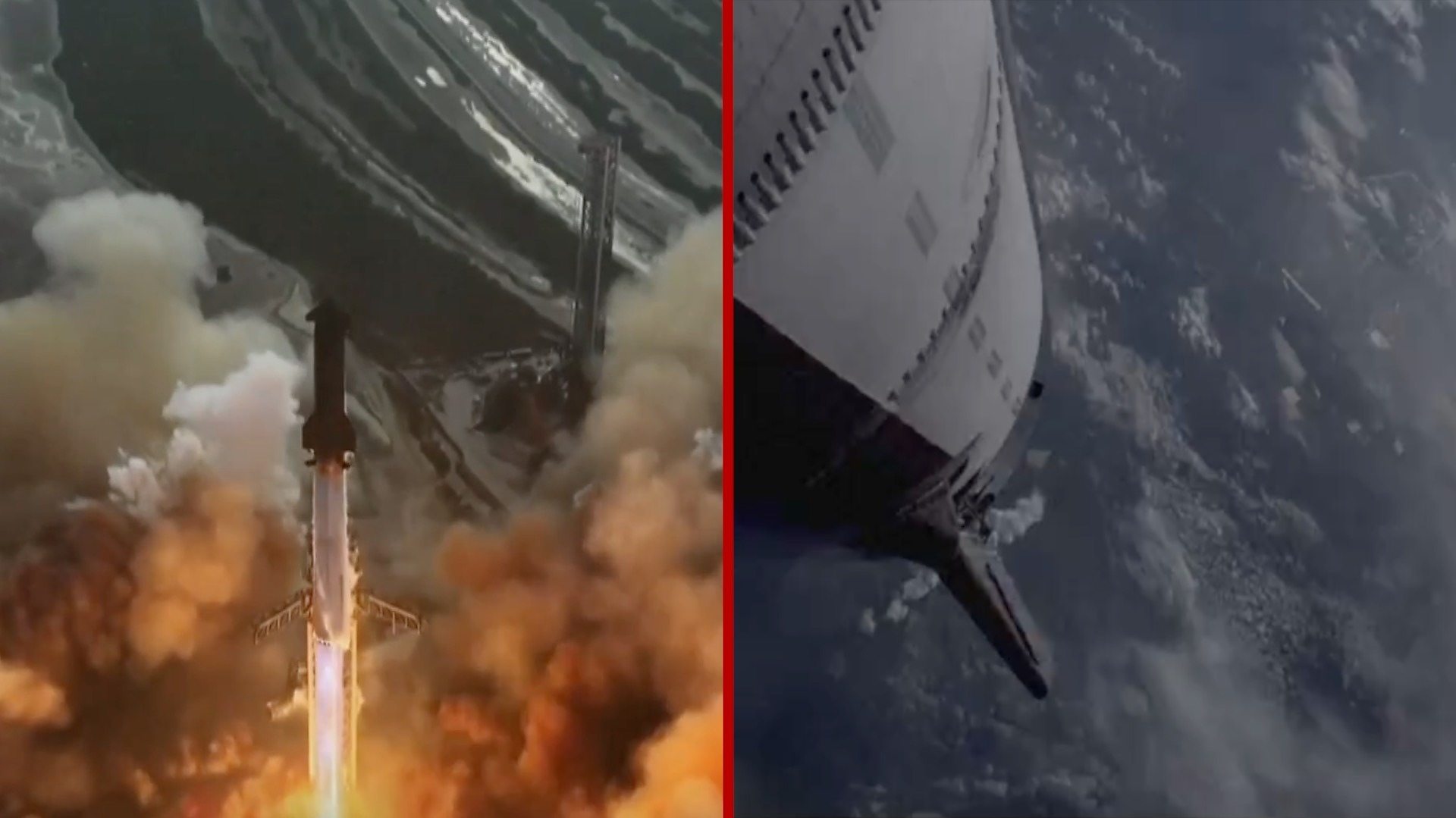In a significant and rapid shift, the Trump administration has ordered the closure of Radio Martí, a U.S.-backed broadcaster that has served as a lifeline for uncensored news into Cuba for forty years. The abrupt decision left the staff bewildered during an interview with Cuban activist Ramón Saúl Sánchez, who is known for organizing protest flotillas aimed at the Isle. The conversation was cut short when journalists were informed about the station's closure via email.
“I was shocked by their reaction,” Sánchez recounted. “They were saying, ‘We think we’ve been terminated. We need to leave.’”
President Trump achieved in days what the Castro regime had long struggled against—silencing a media outlet that had consistently drawn their ire. Radio Martí's cessation is a part of broader budget cuts that are impacting a growing number of programs within the U.S. government, a decision attributed to the current administration and its advisers, including Elon Musk.
The ending of Radio Martí marks a historic moment in the complicated relationship between the U.S. and Cuba, changing how news is disseminated during an era where information is vital for those living under strict state censorship.



















